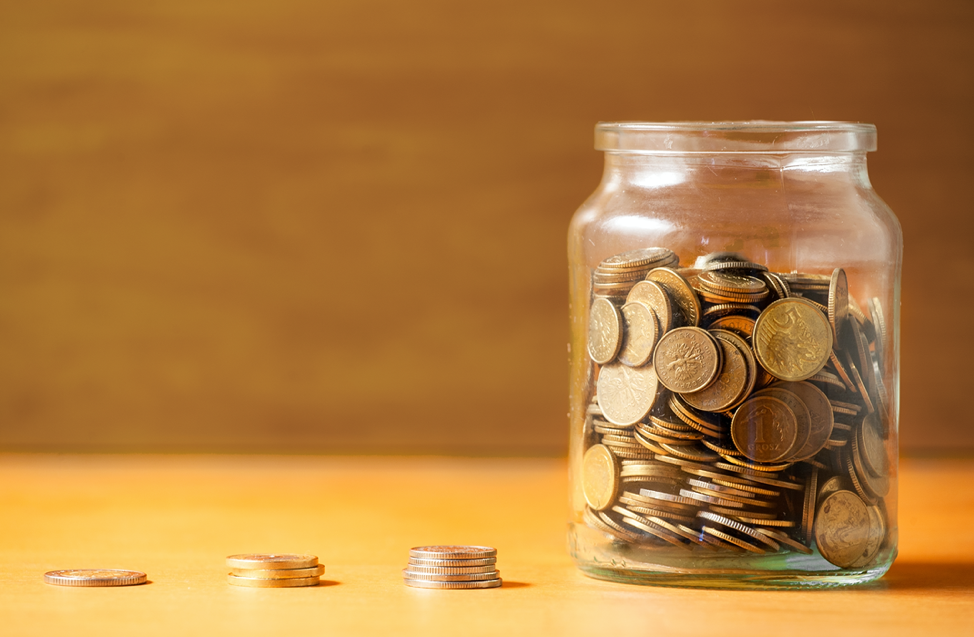Start Saving Today
Here’s a general rule of thumb that could make you financially independent without much effort; start saving money as early as you can in life. You don’t need a lot of money to start with. Even putting aside $50 a month pays big dividends over time. Here’s why. The simple act of setting aside $50 a month starting when you’re 20 years old and doing so until you’re 60 years old will net you about 30,000 dollars, even if you only get 1 percent interest on that account. This happens just because you got into the saving habit early on and you’re benefiting from compound interest. There’s another advantage to this. The more you put into savings, the more you’ll have should a major emergency strike. For example, a serious car accident could injure you seriously and put you out of work for months. According to Murfreesboro Insurance Solutions, you pay thousands of dollars a year for insurance, yet, you're likely still seconds away from financial ruin. You may meet financial ruin, that is unless you also have an emergency fund put away for such things. Starting this fund in your 20s allows you to have more of a cushion to take care of life’s emergencies.
Sign Up for Your Employer’s 401(k)
You work to support your life, including the life you’ll have in your later years. That being the case, you should invest in a 401(k) at work if your place of employment offers it. Often employers will match at least some of the funds you put in, according to Moneywise. Moreover, the money you put into your 401(k) doesn’t get taxed until you withdraw it. This is another example of the power of time and compound interest, only this time you get some “extra” help from your employer. Anytime you can get free money to put toward your retirement, take it.
Eliminate Unnecessary ExpensesHave you learned the difference between a want and a need? If you haven’t, then you may be spending more money than you should on unnecessary expenses. If you’re not sure what qualifies as unnecessary expenses, think about your daily habits. Do you get a coffee at the local coffee shop every day on the way to work? Do you go out to lunch daily? Do you buy the latest gadget without thinking about how many hours or days you have to work in order to afford it? Once you figure out what these expenses are for you, start to eliminate them. Magnify Money suggests replacing your coffee and lunch-out habits with a thermos of coffee and a bag lunch that you bring from home. Save the difference. The same goes for the gadget. If you decide you really want it, save up for it. Or buy it second-hand. These little expenses can eat away at your long-term savings without you even realizing it.
Pay Off Debt
You may be like many 20-somethings these days. That is to say, you may feel overwhelmed by student loan payments, credit card debt and car payments. True enough, paying off debt takes time, sometimes years. However, it’s worth it. The faster you pay off debt, the more money you’ll have to save and invest. Make this a priority if you want to master your money.
If you begin saving for your retirement in your 20s, then you don’t have to work as hard to put away a sizable chunk of money. Instead, you’ll be harnessing the power of compound interest. Basically, the longer you save, the more money you’ll have when the time comes, even if you’re only putting a couple of hundred dollars a month aside at first.
If you want to learn more about how to have a better retirement, try reading this book, Stress-Free Retirement!

 RSS Feed
RSS Feed
